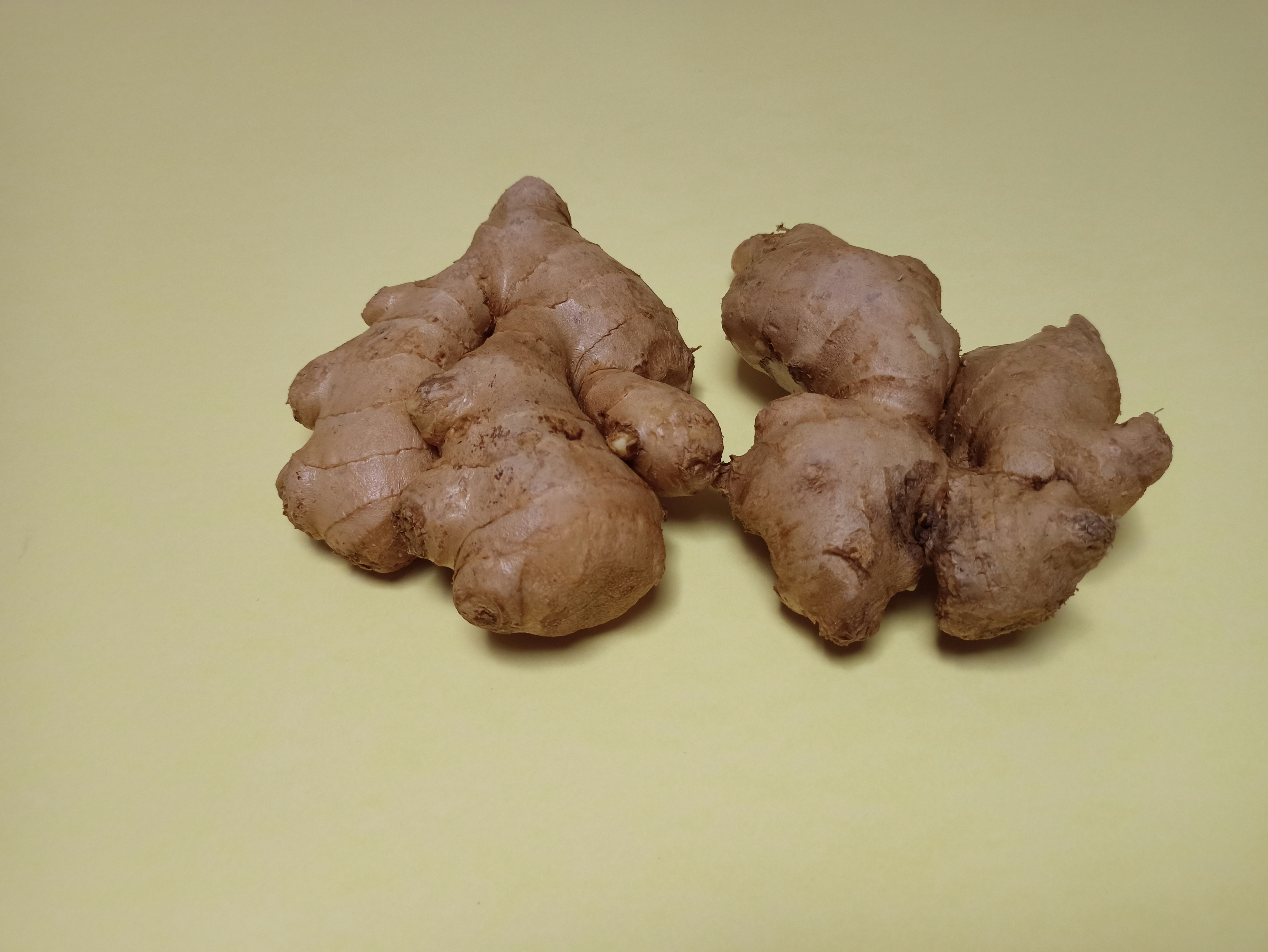Have you ever wondered about the hidden impact your diet might have on your body? It’s a far-reaching topic, and one intriguing aspect is how what you eat can influence your body’s oxalate levels. Oxalates are naturally occurring compounds found in many foods, and their role in the body can be quite significant. The relationship between diet and oxalate levels is a subject worth exploring, especially if you’re concerned about kidney stones or other health issues related to high oxalate intake. Let’s unfold this topic together and find out how you can take charge of your diet to manage oxalate risks more effectively.
Understanding Oxalates
Oxalates, scientifically known as oxalic acid salts, are naturally present in a variety of plant-based foods. These compounds are not harmful in small quantities, but when consumed in excess, they can crystallize and lead to kidney stones.
The Chemistry of Oxalates
At its core, oxalate is an organic compound that tends to combine with minerals in the body, like calcium. This combination can lead to the formation of calcium oxalate crystals, which are the most common type of kidney stones. Understanding the chemistry of these compounds helps illuminate their potential health impacts.
Sources of Oxalates
You’re likely consuming oxalates every day, often without realizing it. Foods such as spinach, rhubarb, beets, and even chocolate are abundant in oxalates. By being aware of these sources, you can better manage your intake to reduce any potential risk.
The Connection Between Oxalates and Health Issues
The primary issue when it comes to oxalates is their tendency to form crystals, particularly in the kidneys. However, the complications don’t stop there. High oxalate intake may also contribute to a range of other health issues.
Kidney Stones: The Most Common Concern
Many people who suffer from kidney stones often discover that high oxalate consumption is a contributing factor. These stones can cause discomfort, pain, and potentially serious complications if not properly managed. The link between oxalates and kidney stones is well-documented, making it a critical area of concern for many.
Oxalates and Gut Health
Beyond kidney stones, oxalates can affect your gut health. When consumed in large amounts, they might disrupt the natural balance of your gut’s flora. This imbalance can affect digestion and nutrient absorption, creating a cascade of health issues.
Diet’s Role in Managing Oxalate Risk
Given the potential health concerns associated with oxalates, understanding how your diet can help manage their impact is crucial. Certain dietary modifications can significantly reduce your oxalate absorption and crystallization.
Low-Oxalate Diet
A low-oxalate diet involves limiting foods that are high in oxalates. However, it’s about balance rather than complete elimination. You should be mindful of maintaining a nutritious, well-rounded diet while managing your oxalate intake.
Importance of Hydration
Adequate hydration is essential for reducing oxalate concentration in the urine. By staying well-hydrated, you can dilute oxalates and facilitate their excretion, lowering the risk of crystal formation.
Calcium’s Role in Oxalate Management
Interestingly, calcium, often seen as a culprit in stone formation, can be a helpful ally. When consumed alongside oxalate-rich foods, calcium can bind to oxalates in the gut, preventing them from being absorbed into the bloodstream.
Specific Foods and Their Oxalate Levels
Not all foods are created equal when it comes to oxalate content. Some are particularly high, while others may be surprisingly low. It’s helpful to understand these differences as you modify your diet.
High-Oxalate Foods to Consider
Foods like spinach, almonds, and sweet potatoes are known for their high oxalate levels. Reducing intake of these foods, or finding alternatives, can be a straightforward way to manage your oxalate consumption.
Low-Oxalate Alternatives
There are many delicious, nutritious foods low in oxalates. Some options include cabbage, apples, and cauliflower. Incorporating these foods can help you maintain a varied diet while managing oxalate levels effectively.
Table: High vs. Low Oxalate Foods
| High Oxalate Foods | Low Oxalate Foods |
|---|---|
| Spinach | Cabbage |
| Almonds | Apples |
| Sweet Potatoes | Cauliflower |
Practical Steps to Reduce Oxalate Intake
Being proactive about your oxalate intake doesn’t have to be daunting. With some strategic changes, you can effectively reduce your risk and maintain your health.
Rethinking Portion Sizes
Simply adjusting how much of certain high-oxalate foods you consume can make a significant difference. Mixing smaller amounts of high-oxalate foods with low-oxalate ones can provide balance.
Cooking Techniques That Help
Certain cooking methods, like boiling, can help reduce the oxalate content in foods. Boiling spinach, for example, can significantly lower its oxalate levels compared to eating it raw.
Reading Labels and Choosing Wisely
When purchasing packaged or prepared foods, pay attention to ingredient labels, especially if they contain nuts or chocolate, as these are often high in oxalates.
Listening to Your Body
Every individual’s reaction to oxalates can be different. Genetics, health conditions, and lifestyle all play a role in how oxalates affect you personally.
Knowing Your Health Risks
If you have a history of kidney stones or other health conditions, it may be wise to monitor your oxalate intake more closely. Consulting a healthcare provider can offer tailored advice specific to your needs.
Personalizing Your Dietary Approach
It makes sense to tailor your diet to suit your personal health needs and goals. If you notice symptoms that might be related to high oxalate consumption, like frequent kidney stone formation or digestive issues, take this as a cue to adjust your dietary approach.

Consulting Healthcare Professionals
While dietary modifications can greatly assist in managing oxalate-related issues, it’s crucial to involve healthcare professionals in your decision-making process.
The Role of Dietitians
Registered dietitians can provide invaluable guidance in formulating a balanced, low-oxalate diet. They take into account your nutritional needs and preferences, ensuring you remain healthy while managing your oxalate intake.
Collaborative Healthcare Approach
In managing conditions like recurrent kidney stones, a collaborative approach involving urologists, dietitians, and your primary care physician can offer comprehensive care and support.
Conclusion
Taking control of your oxalate intake can initially seem overwhelming, but with the right information and approach, it’s certainly manageable. By making informed dietary choices, keeping hydrated, and seeking professional guidance when necessary, you can reduce your health risks significantly. Remember, it’s all about finding a balance that supports your overall well-being without compromising on taste or nutrition. Stay curious, keep informed, and take charge of your health journey with confidence.





